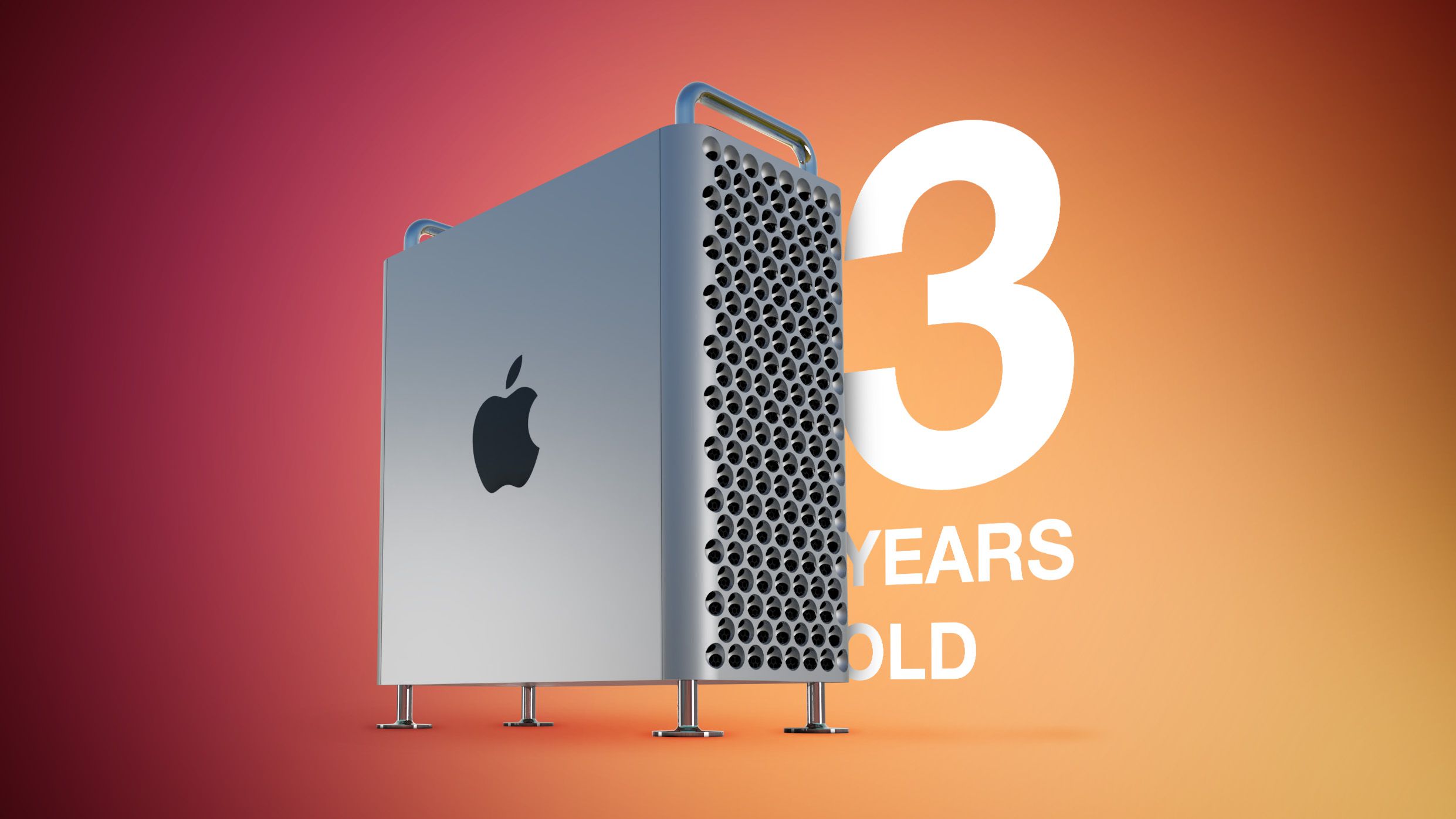From computerworld.com, Jan 27, 2023, referring specifically to Apple Silicon:

 www.computerworld.com
www.computerworld.com
Plus we already have these that started during the Intel era:
IBM-Apple Partnership:
And:

MacStadium sees a ‘massive opportunity’ for Apple in business markets
“I’ve never been more optimistic for the Mac platform,” says MacStadium CTO Chris Chapman.
Plus we already have these that started during the Intel era:
IBM-Apple Partnership:

And:

IBM: ‘Mac users are happier and more productive’
IBM, which has embraced Apple hardware in a big way, says the employees who use Macs are more likely to stay at the company – and are more productive. The insights came at this weeks Jamf Nation User Conference.
 www.computerworld.com
www.computerworld.com

IBM: ‘Mac users are happier and more productive’
IBM, which has embraced Apple hardware in a big way, says the employees who use Macs are more likely to stay at the company – and are more productive. The insights came at this weeks Jamf Nation User Conference.
Last edited:




